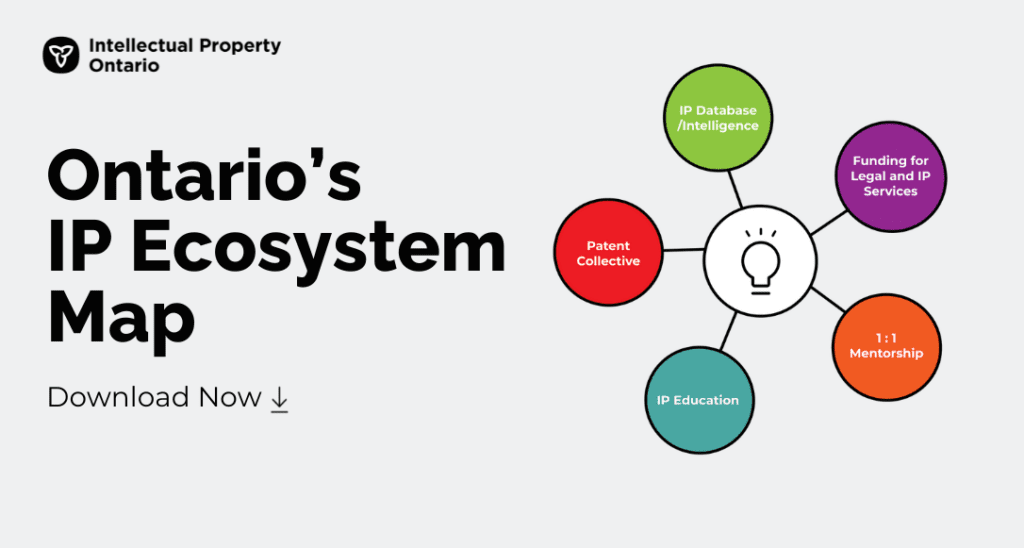How startups can protect intellectual property (IP) on a shoestring
Intellectual property (IP) protection and legal services can be expensive for small business startups. Yet many startups depend on their IP to confer a competitive advantage and to act as a container to hold the goodwill they create in the market.
How financially-strapped startups can maximize their chances of securing their intellectual property
Entrepreneurs should focus their time on developing their venture and business strategy, while understanding that an IP strategy allows them to make informed business decisions and avoid long-term negative consequences.
Intellectual property by itself will not make a company succeed, no more than writing a song will make someone a rock star. However, the value of a technology or biotechnology company can be based primarily on the founding team, their know-how and other IP assets. Future potential purchasers or investors of the company will consider IP as a core business asset.
Startups can formulate their IP strategy by identifying the different types of intellectual property and how they can best be used while incurring minimal legal expenses. (Remember, when the time is right, it will become worthwhile from a business point of view to advance to the next stage of IP protection.)
Trademarks
Entrepreneurs build goodwill into their brand(s) and this is what trademarks protect. Marketing and advertising are all facets of a building a strong and recognizable brand.
Select and consistently use the chosen brand together with the symbol. This will give notice to others that the term is in use as a trademark, and over time common-law trademark rights will accrue.
The difference between registered and common-law trademark rights is that registered rights are deemed valid and enforceable across Canada, while common-law rights need to be proven and can only be enforced in an area where they are known. For example, if you do business only in Toronto, then you will not be able to enforce those rights in Vancouver.
Patents as IP
Patents may or may not prove critical to the success of a technology or biotechnology company, but they are definitely a key asset for certain companies. Their importance can be ascertained by the business model and business plan.
Many companies rely on patents for the defensive aspect of establishing and protecting their core technological competency, and as a valuable asset of the company in a valuation. Without a doubt, filing and pursuing a patent application to the stage where the patent is issued can be expensive.
The most important strategy for a startup with little budget room is to ensure they do not prevent themselves from obtaining patent protection in the future.
Unless it is part of their tactic to put a specific technology in the public domain, a company should not publicly disclose their invention to anyone without a non-disclosure agreement.
In legal terms, this is to prevent bars to patentability for novelty or anticipation. Generally, there is a one-year grace period on public disclosures made by an inventor in North America but no such grace period exists in the EU and Asia.
This means a company needs to treat a potentially patentable invention as confidential information or a trade secret. Simply put, if you keep it a secret, then it cannot be public knowledge!
Copyright
Copyright protection is automatically obtained and giving clear notice of copyright will serve as notice. This can be done through the use of the © symbol, the year of creation, and the name of the author or owner.
Ownership
The ownership of all intellectual property should be clearly documented in writing with both employees and independent contractors. One item worth spending money on is clarifying the ownership of the intellectual property that your company creates.
Alternatively, search the internet for stock employee or independent contractor agreements that deal with IP ownership. MaRS’ Entrepreneur’s Toolkit offers a template for independent contractors for download in the article, “Employee vs. independent contractor.”
A startup can have basic intellectual property protection without spending any money on legal services by understanding trademarks, patents, confidential information and copyrights. Of course, the trade-off is that a legal risk will be incurred.
Note: The content in this article is for purposes of general information only. It is not legal advice.
References
Canadian Intellectual Property Office. (2011, June 23.) Retrieved June 24, 2011, from http://www.cipo.ic.gc.ca.
Check out Ontario’s IP Ecosystem Map! Our partners at IPON designed this tool to help guide Ontario innovators & researchers on their IP journey. It’s an interactive PDF with info on IP service providers across Ontario.


